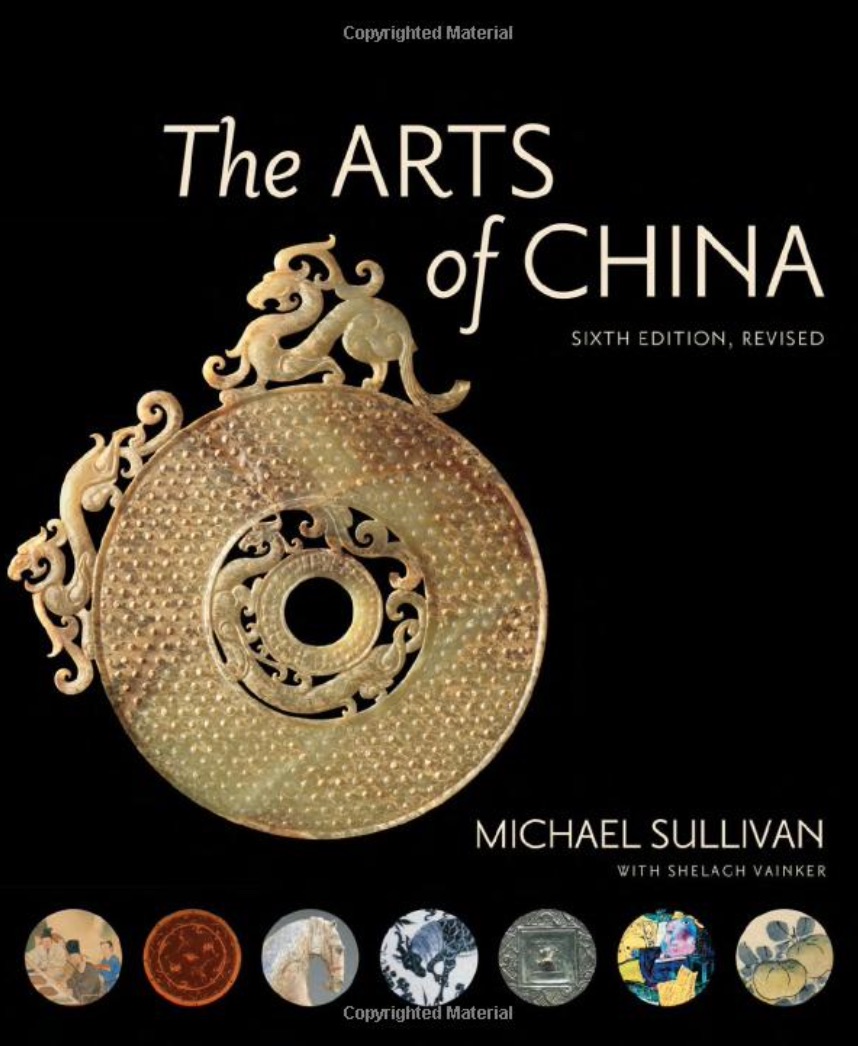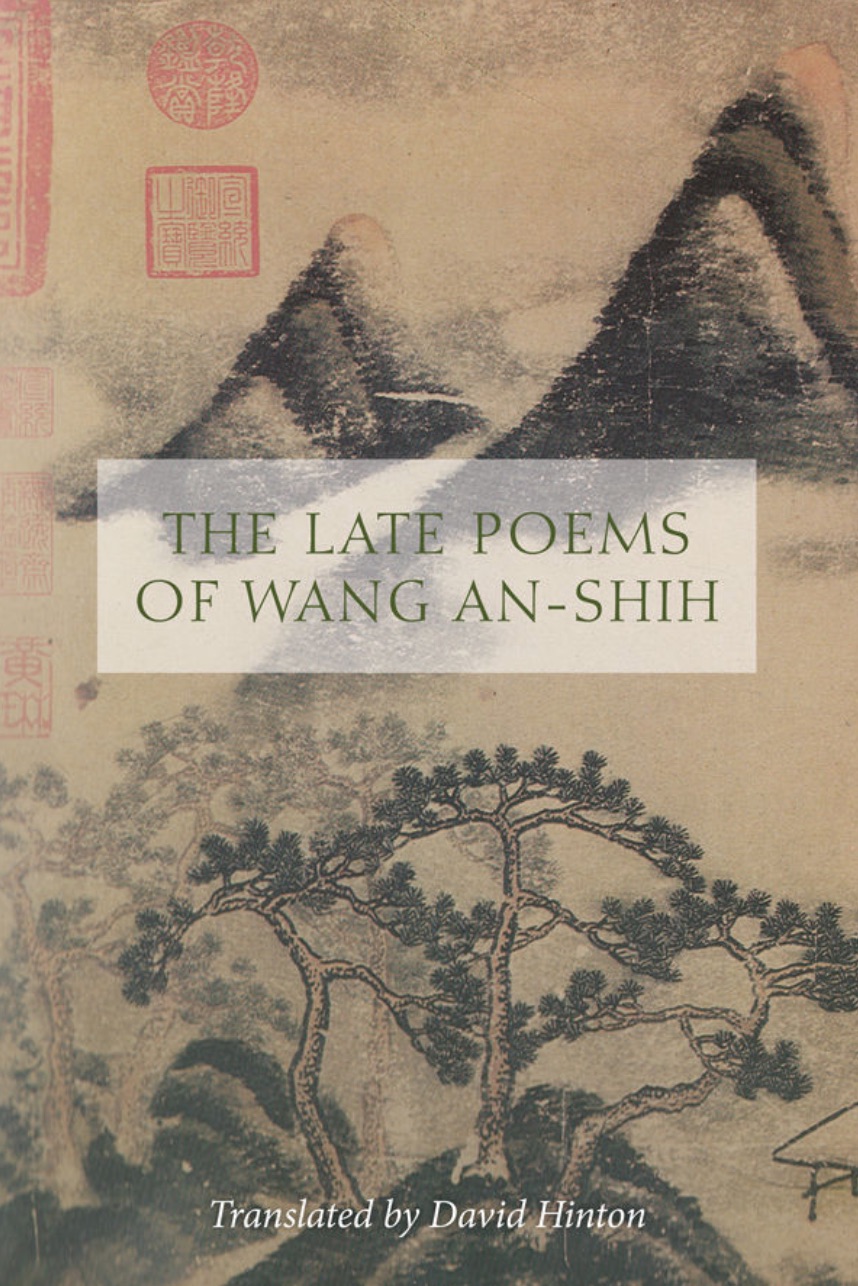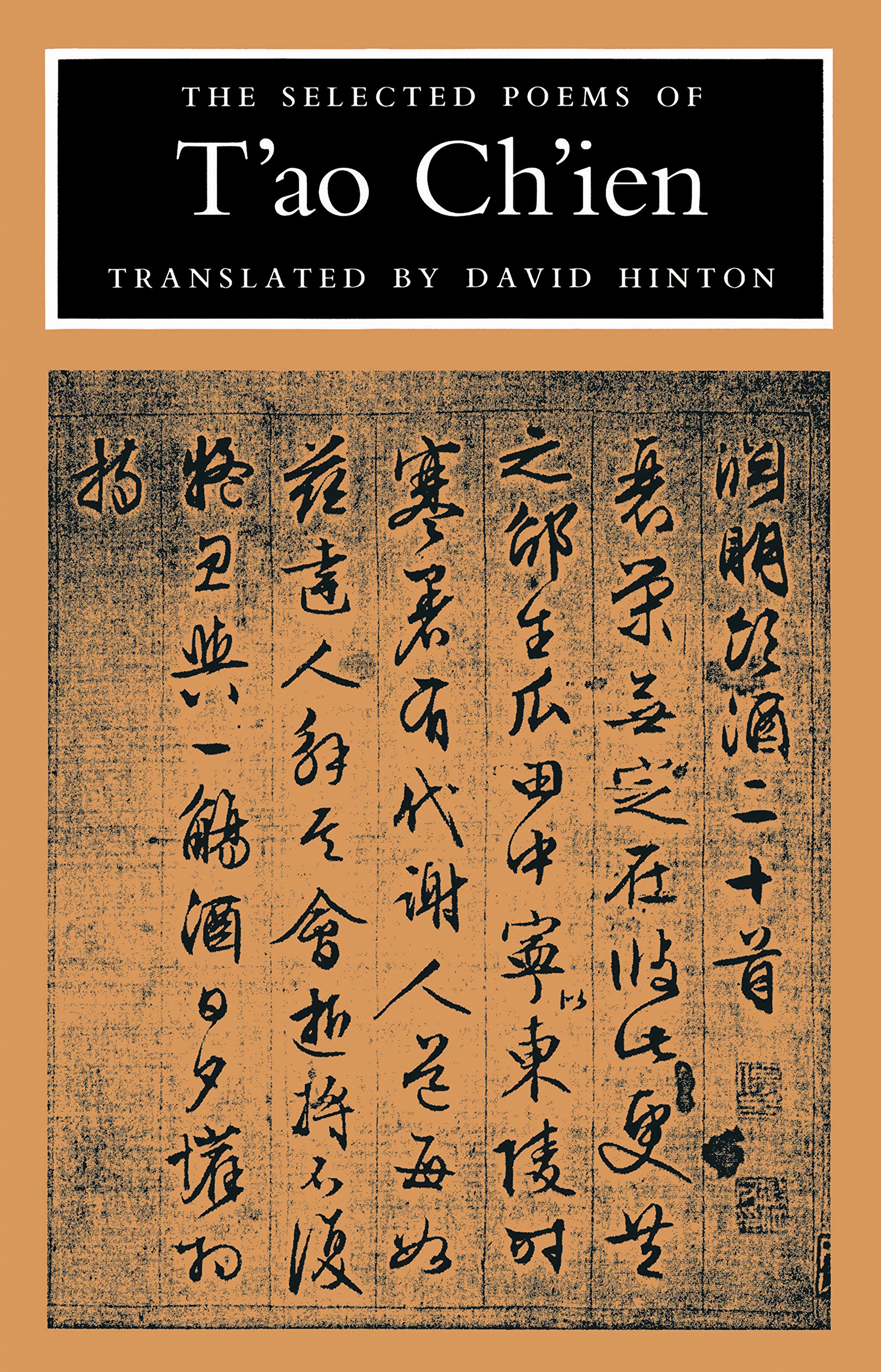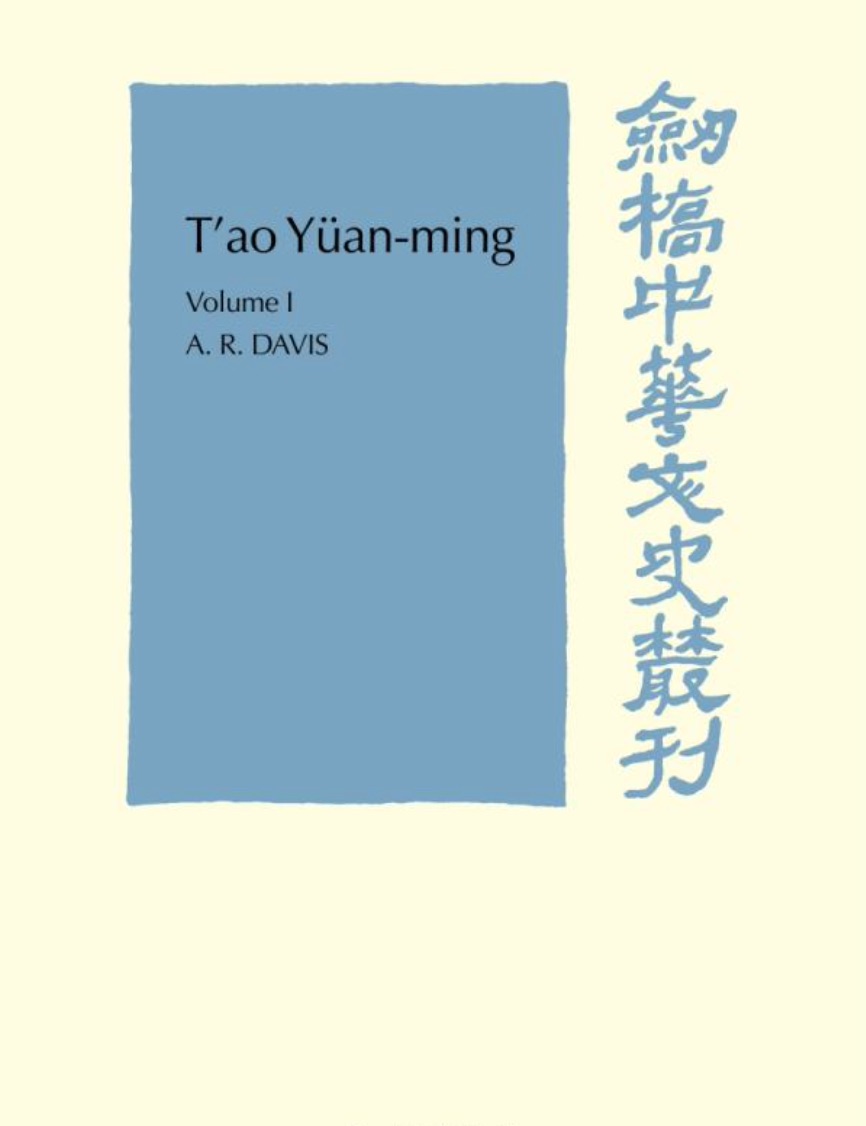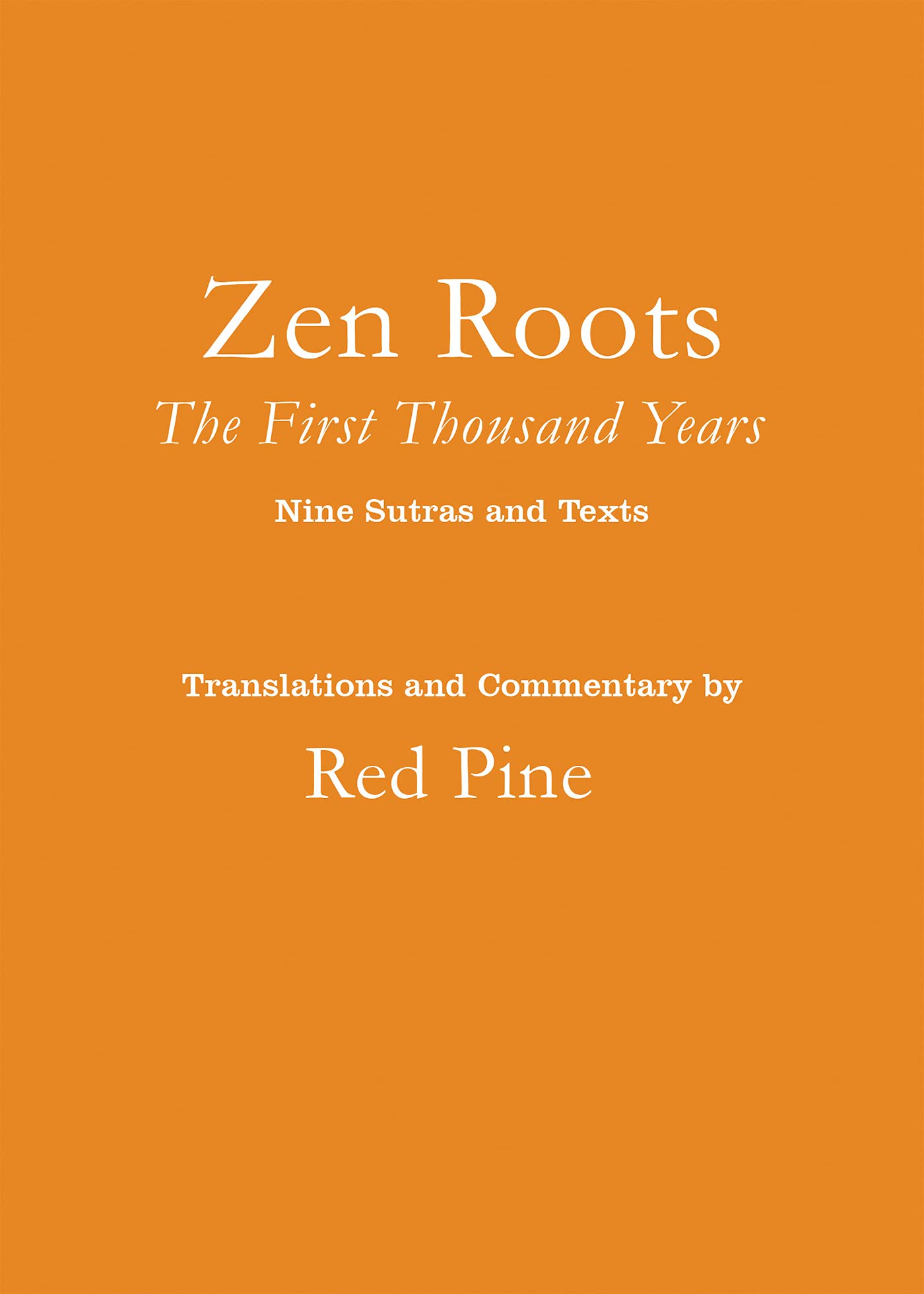TEACHERS TALKS
Talks given by Lost Coin's Sensei's, Deshi's and our additional teachersStudy Center Update: February 14, 2023
“Mystery School” intensive: talks by Ryuen Sensei and Joen Sensei
Mystery School – Talk by Ryuen Sensei given on January 28, 2023.
Mystery School – Talk by Joen Sensei given on January 28, 2023.
Study Center Update: June 23, 2022
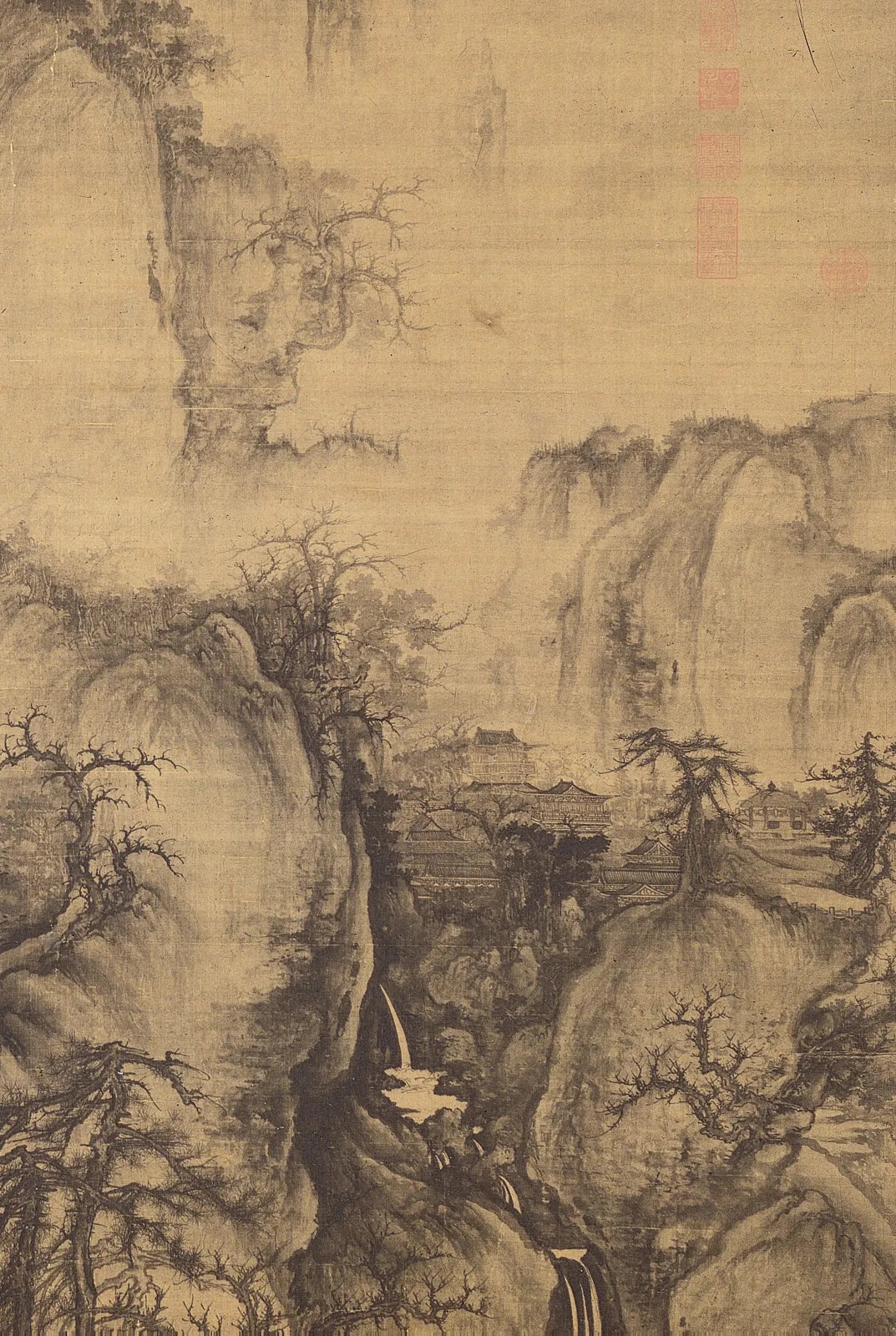
Study Center Update: June 23, 2022
Zen Buddhism was introduced in China in the 5th century CE when Bodhidharma arrived from India. The truth of Zen, based on the nature of reality without ideas has remained unchanged though each culture reflects it differently. In China both Taoist and Confucian practices gave Zen a very deep and beautiful flavor.
Our latest update of the Lost Coin Study Center includes 2 videos of Ryuen Sensei’s talks from “Blossoms Disappear, the Mountain Remains” retreat, May 2022, a recommended reading list curated by Ryuen Sensei and several Chinese paintings from the 8th – 17th centuries selected by Wanda Updike.
“Blossoms Disappear, The Mountain Remains” Intensive: Selected talks by Ryuen Sensei
Blossoms Disappear, The Mountain Remains, Day 1 Morning Talk – Ryuen Sensei
Blossoms Disappear, The Mountain Remains, Day 1 Afternoon Talk – Ryuen Sensei
Book Recommendations by Ryuen Sensei
Internationally renowned and a crucial classroom text, The Arts of China has been revised and expanded by the late Michael Sullivan, with Shelagh Vainker. This new, sixth, edition has an emphasis on Chinese art history, not as an assemblage of related topics, but as a continuous story. With updated attributions and dating throughout and a revised bibliography, it reflects the latest archaeological discoveries, as well as giving increased attention to modern and contemporary art and to calligraphy throughout China’s history, with additional discussions of work by women artists. Visual enhancements include all new maps, and approximately one hundred new color illustrations—bringing the total to well over four hundred color illustrations.
Written in the engaging and lucid style that is Sullivan’s hallmark, The Arts of China is readily accessible to general readers as well as to serious students of art history. Sullivan’s approach remains true to the way the Chinese themselves view art, providing readers with a sense of the sweep of history through China’s dynasties. This organizational strategy makes it easy for readers to understand the distinct characteristics of each period of art and to gain a clearer view of how Chinese art has changed in relation to its historical context. With many improvements that bring it fully up to date, The Arts of China will remain the most comprehensive and widely read introduction to the history of Chinese art.
(Click image above to purchase)
A selection of poems by the ancient Chinese poet and statesman Wang Ah-Shih, translated by David Hinton.
Wang An-shih (1021-1086 C.E.) was a remarkable figure―not only one of the great Sung Dynasty poets, but also the most influential and controversial statesman of his time. Although Wang had little interest in the grandeur of high office and political power, he took the responsibility of serving the people seriously. He rose to become prime minister, and in this position he instituted a controversial system of radically egalitarian social reforms to improve the lives of China’s peasants. Once those reforms were securely in place, Wang retired to a reclusive life of artistic and spiritual self-cultivation.
It was after his retirement, practicing Ch’an (Zen) Buddhism and wandering the mountains around his home, that Wang An-shih wrote the poems that made his reputation. Short and plainspoken, these late poems contain profound multitudes–the passing of time, rivers and mountains, silence and Buddhist emptiness. They won him wide acclaim in China and beyond across the centuries. And in Hinton’s breathtaking translations, Wang feels like a major contemporary poet with deep ecological insight and a questioning spirit.
(Click image above to purchase)
T’ao Ch’ien, (365 – 427, C.E.), one of the most revered poets in classical Chinese literature, is presented in a lucid translation with an introduction. “David Hinton is one of the most impressive of the younger translators of classical Chinese poetry…. His renderings are varied and imaginative while remaining faithful to the spirit of the original.”–Burton Watson
(Cilick image above to purchase)
All the works of the Chinese poet T’ao Yuan-ming (AD 365–427) generally considered genuine have been translated here with commentary and annotation. T’ao, in the author’s opinion, is of all the major Chinese poets especially concerned with personal integrity and the meaning of man’s life. His poetry for this reason may be able to transcend the barriers of cultural difference. For centuries of Chinese readers, however, the image of T’ao Yuan-ming as an eccentric wine-loving recluse who embraced purity and simplicity and rejected the corruption of political society has virtually been as important as his own writing. Studies of the poet, from the Sung dynasty on, have applied a political interpretation of his work. The author believes that this approach is generally mistaken and seeks to combat it in detail. The work has been arranged in two volumes. The first, containing the translations with explanatory commentary and notes, is aimed at a wider audience than the professional. The second contains a complete Chinese text.
(Click image above to purchase)
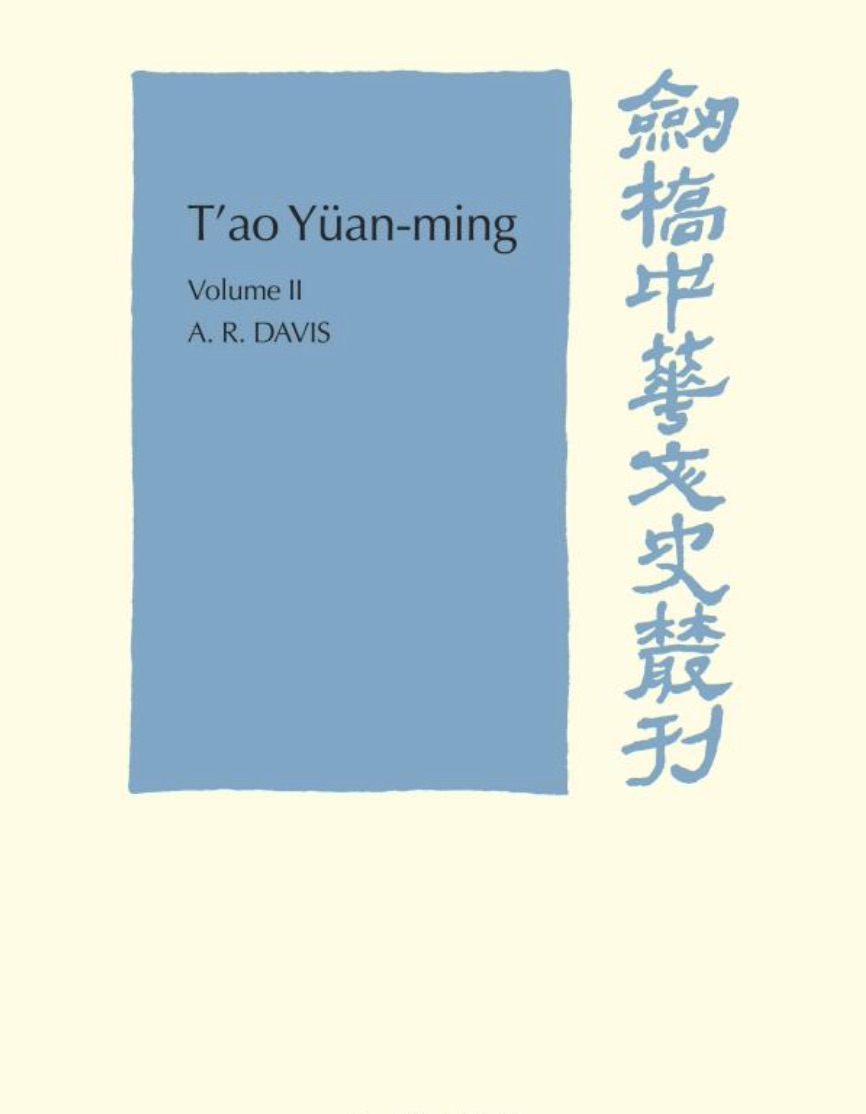
All the works of the Chinese poet T’ao Yuan-ming (AD 365–427) generally considered genuine have been translated here with commentary and annotation. T’ao, in the author’s opinion, is of all the major Chinese poets especially concerned with personal integrity and the meaning of man’s life. His poetry for this reason may be able to transcend the barriers of cultural difference. For centuries of Chinese readers, however, the image of T’ao Yuan-ming as an eccentric wine-loving recluse who embraced purity and simplicity and rejected the corruption of political society has virtually been as important as his own writing. Studies of the poet, from the Sung dynasty on, have applied a political interpretation of his work. The author believes that this approach is generally mistaken and seeks to combat it in detail. The work has been arranged in two volumes. The first, containing the translations with explanatory commentary and notes, is aimed at a wider audience than the professional. The second contains a complete Chinese text.
(Click image above to purchase)
The mystery of existence and our place in that mystery–as expressed in a single Chinese landscape painting: a new work of meditative philosophy by the renowned translator of the Chinese classics and author of Hunger Mountain.
Join David Hinton, the premier modern translator of the Chinese classics, as he stands before a single landscape painting, discovering in it the wondrous story of existence—and as part of that story, the magical nature of consciousness. What he coaxes from the image is nothing less than a revelation: the dynamic interweaving of mind and Cosmos, and the glorious dance of Absence and Presence that is the secret of that Cosmos.
The painting called Peaceful-Distance Pavilion by Shih-t’ao (1642-1707) is, like other paintings in that genre, mostly space: one tiny figure, accompanied by an attendant, looks out over a vast landscape of mountains and clouds. But start looking into that space and, with the right guidance, what you end up seeing is profound. David Hinton is the perfect guide. He uses his knowledge of Chinese philosophy, poetry, art, language, and writing system to illuminate this painting’s message, which is ultimately the story of the glorious dance between nothing and everything, between emptiness and existence. It’s an enthralling journey that can change the way you look at the world, a journey for which David is a wise and eloquent guide.
(Click link above to purchase)
Including nine new translations from the first thousand years of Zen, this collection of sacred Buddhist texts with refreshed commentary is made to be carried with you
Dating from the middle of the second century B.C. to the middle of the ninth century A.D., Zen Roots includes the Heart, Diamond, and Platform sutras; selections from the Vimalakirti and Lankavatara sutras; Bodhidharma’s Principles & Practice; Sengcan’s Trusting the Mind; Yongjia’s Song of Enlightenment; and Huangbo’s Transmission of the Mind.
These translations are accompanied by introductions and enough notes to explain what needs explaining but not so many as to get in the way. Zen Roots is the perfect companion for travel, to accompany one to the higher elevations, or just to read in the backyard.
(Click image above to purhase)
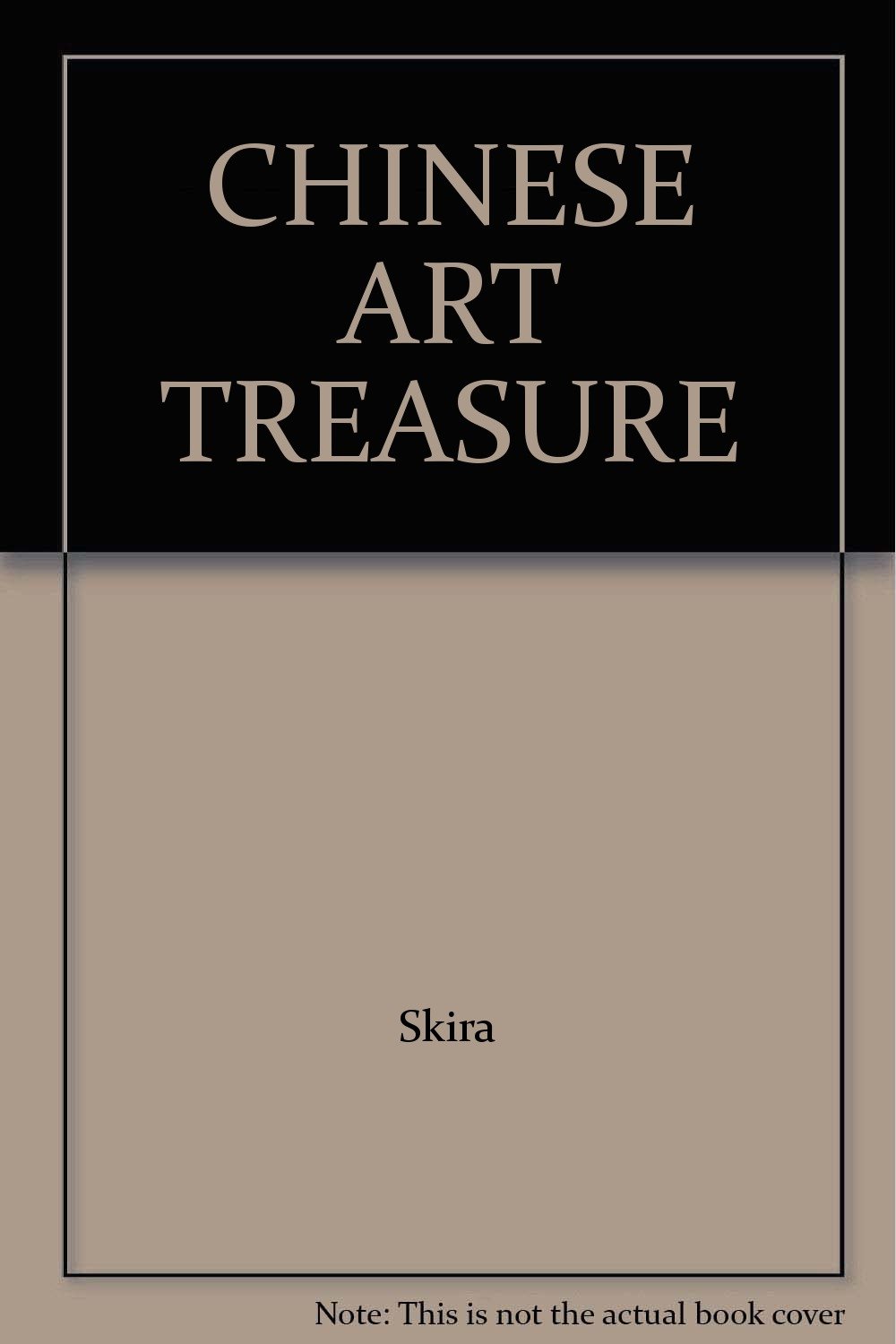
A Selected Group of Objects From the Chinese National Palace Museum and the Chinese National Central Museum
(Note: Very rare book. We suggest you Google to find a used copy)
6 Paintings from the 8th-17th centuries selected by Wanda Updike

Nine Dragons scroll (detail) by Chen Rang, 1244
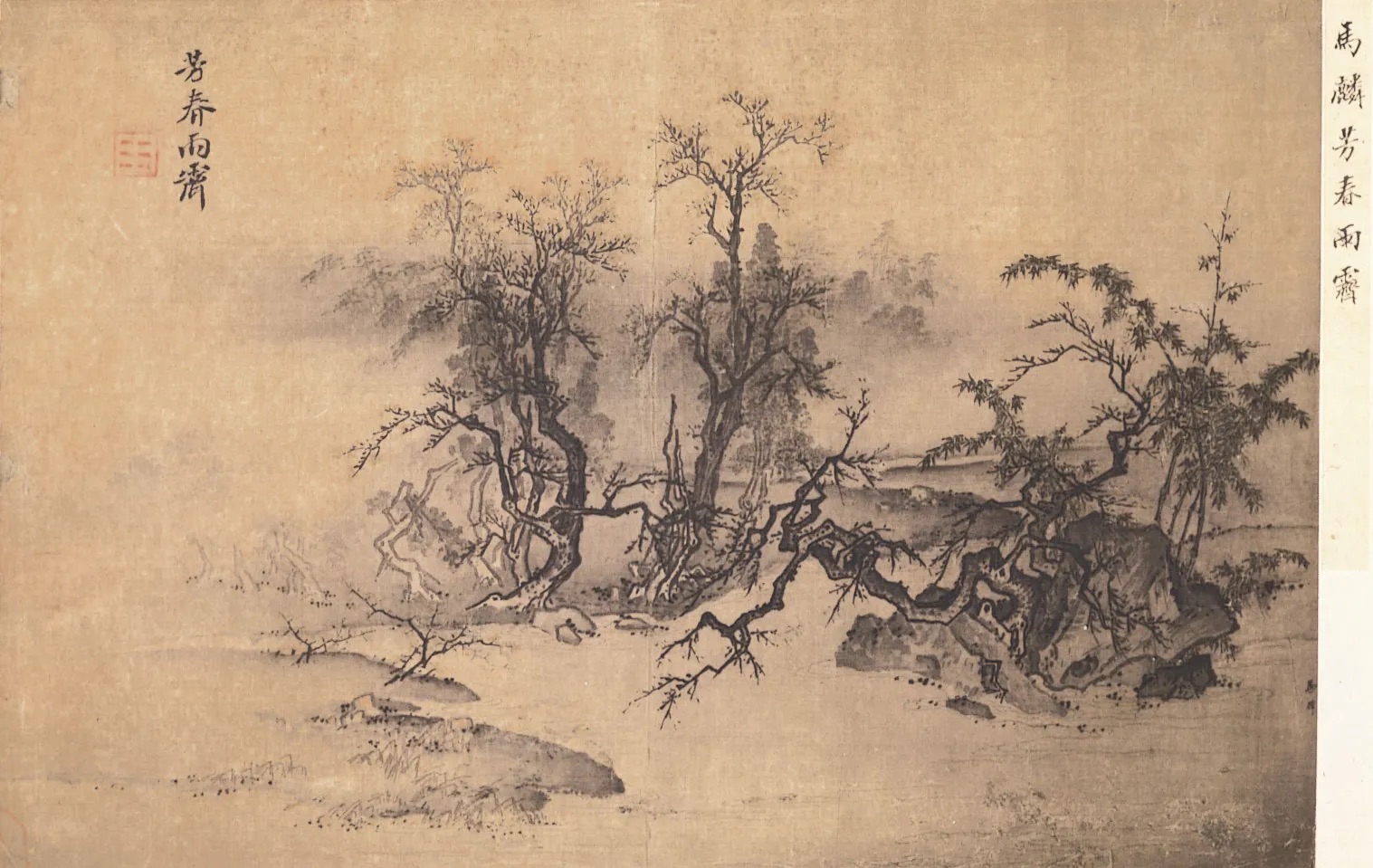
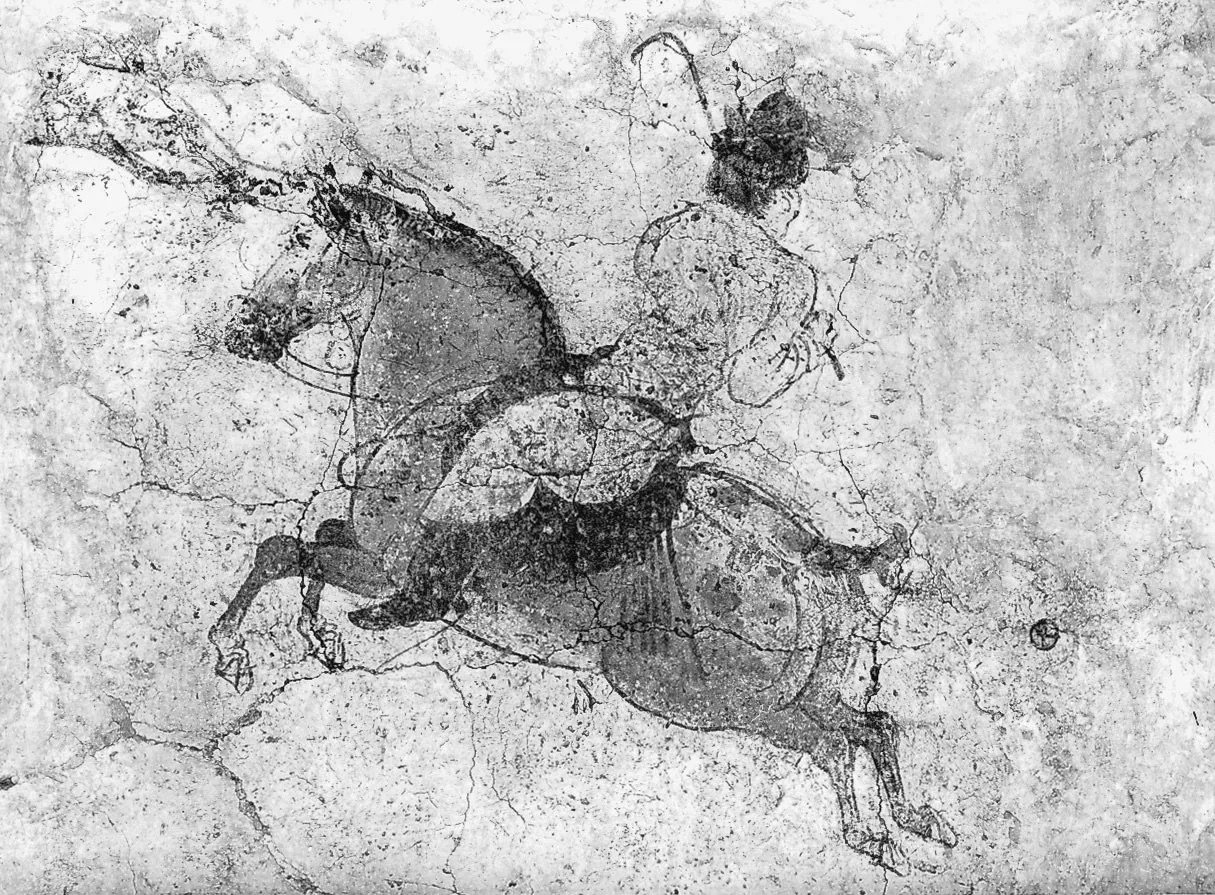


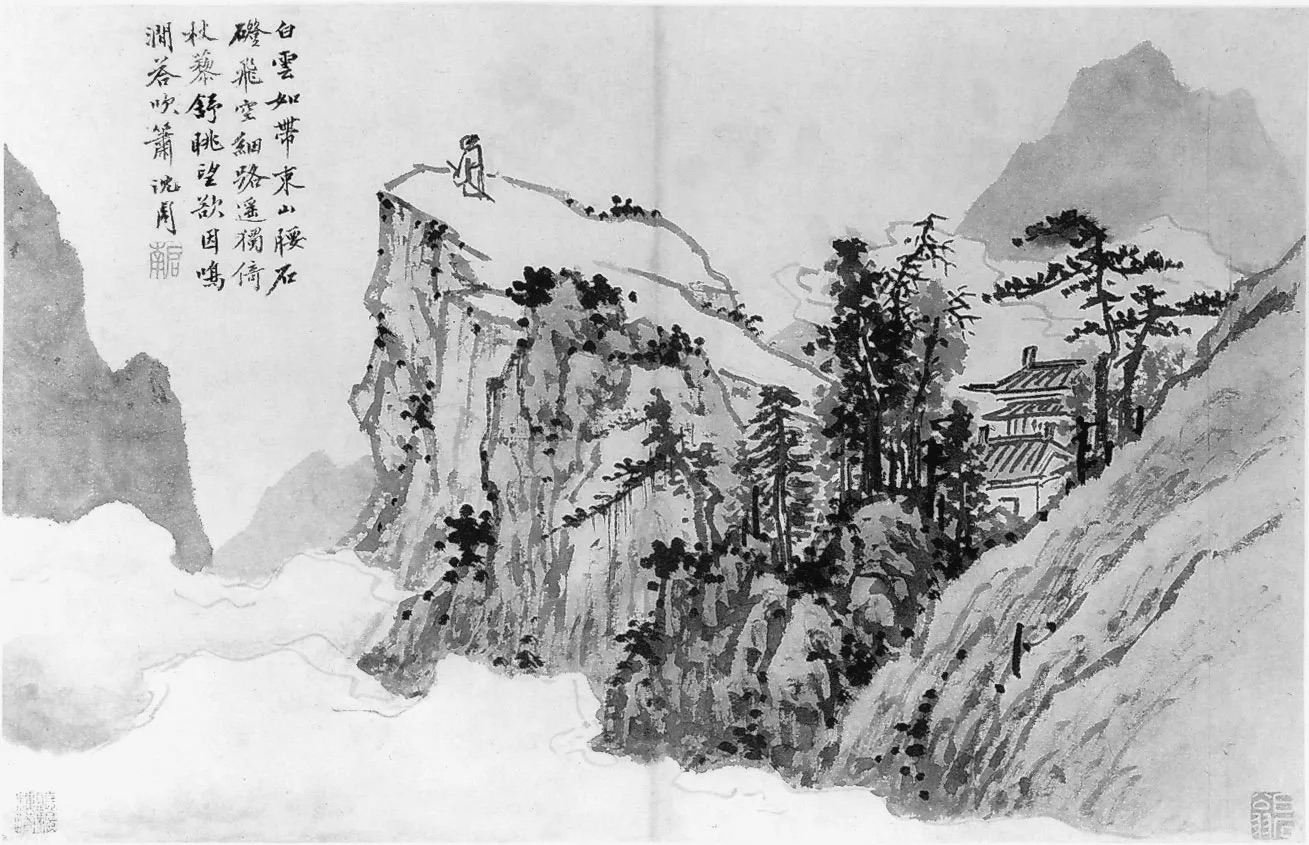
Study Center Update: February 18, 2022
Selected audio talks by Ryuen Sensei and Joen Sensei
Talk from February 4, 2022
Talk from June 14, 2021
Study Center Update: September 8, 2021
This Study Center update includes videos of 5 talks from Lost Coin’s second generation of teachers.
Ryuen Sensei: July 15, 2021: Monkey mind and the practice of letting go. This talk is about what the “effort” of a Zen practitioner looks like, as explained to us by Shakiyamuni Buddha.
Ryuen Sensei: June 17, 2021: What does it mean to have power in our practice? In Carlos Castenda’s book, The Teachings of Don Juan he talks about “controlled folly.” This is a way of looking at our lives and how to approach our lives with less suffering and more responsibility.
Ryuen Sensei: August 26, 2021: Using the idea of Gurdjieff’s “chief feature” to talk about where we get stuck and where we hurt ourselves (and others) when we are unconscious in our actions and our thinking.
Ryuen Sensei and Joen Sensei: August 29, 2021: In this talk Joen Sensei describes the unlimited nature of this very moment. Exploring this teaching Joen uses a Dogen Zenji quote about ‘not knowing.’
Joen Sensei: August 15, 2021: Joen Sensei uses the Koan The Beardless Barbarian to point to the importance of receptivity and not knowing.
Study Center Update: Joen Sensei
In a series of interlinked talks, Joen Sensei discusses the three essentials of Zen practice–great doubt, great faith, and great determination. Focusing on Lost Coin’s transmission of a practice-based lineage, he describes how these fundamentals snatch our beliefs, show us who we really are, and inspire us to keep walking the path of practice.
“Great Doubt” – March 21, 2021
“Great Faith” – March 28, 2021
“Great Determination” – April 4, 2021
Study Center Update: RYUEN SENSEI
In two talks focused on Don Juan and Carlos Castaneda, Ryuen Sensei explores how we can deepen our personal freedom by adopting the warrior’s stance and becoming one with our karma in the relative world.
“The Freedom to be Yourself” – November 17, 2020
“The Warrior’s Stance” – February 25, 2021
Study Center Update: Julie Reiser Deshi
In two linked talks, Julie explores how the Heart Sutra tries to steal all of our ideas, concepts, and beliefs and, thereby, help us realize that we already manifest prajnaparamita, or the wisdom beyond wisdom, in every moment of our lives.
“Lassoing a Cloud” – February 14, 2021
“The S.S. Prajnaparamita” – February 21, 2021

